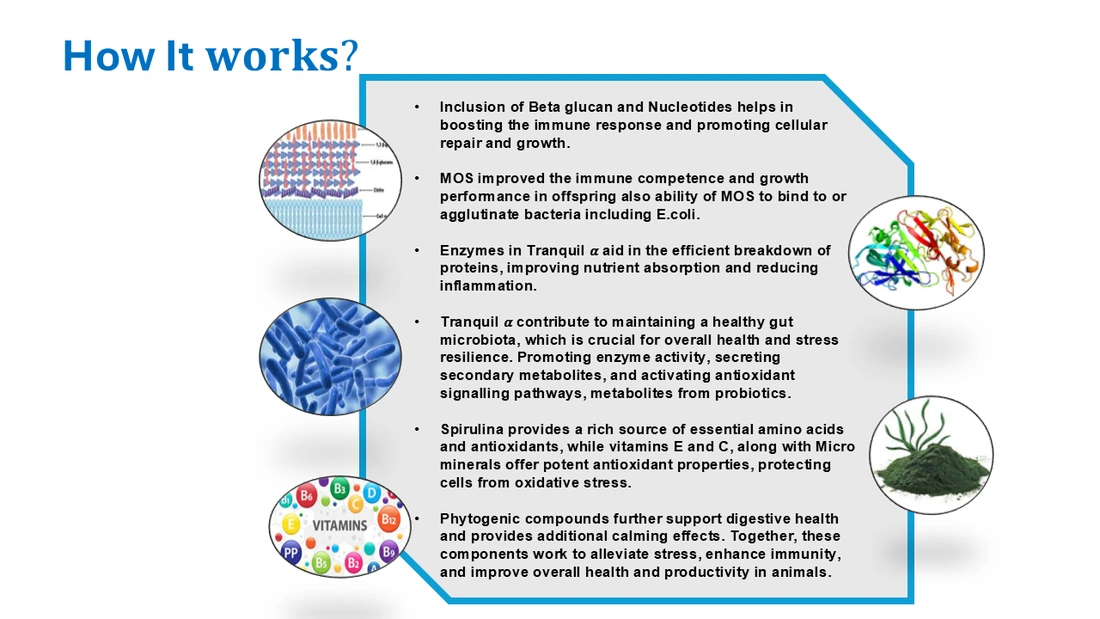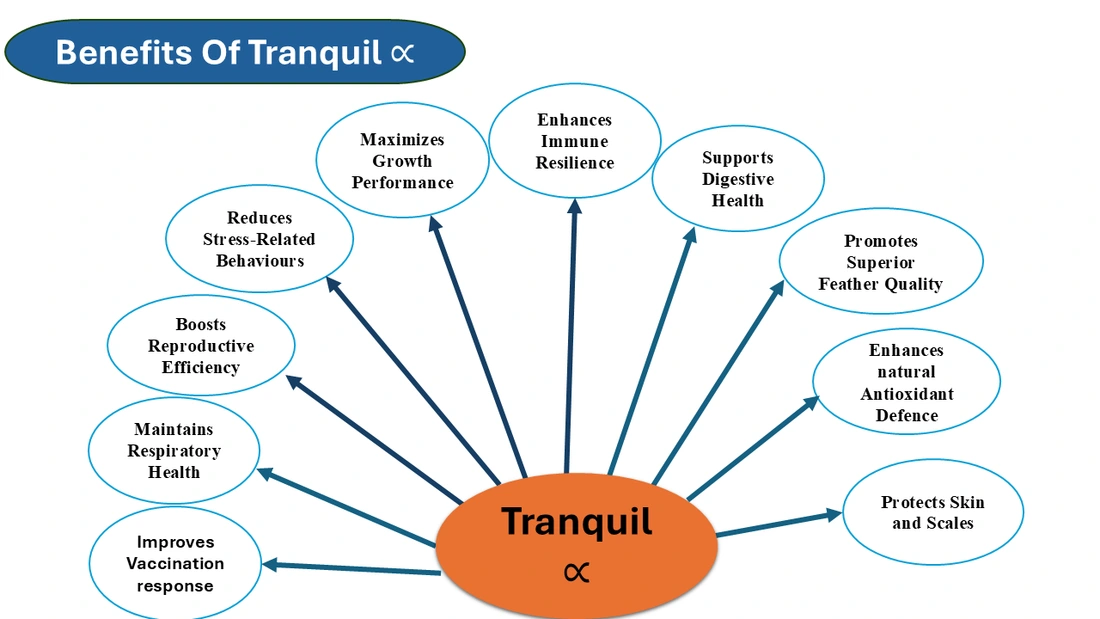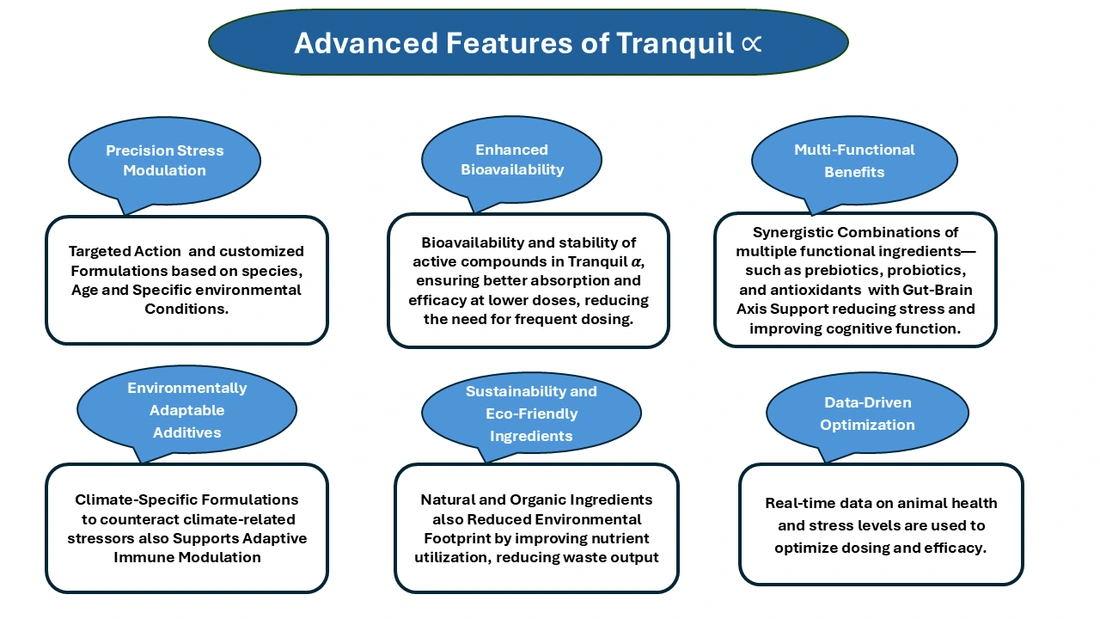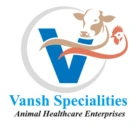
Stress in Aquaculture
Stress
in aquaculture farming, especially for shrimp and fish, significantly impacts
productivity and health. Stress can arise from factors such as poor water
quality, handling, transportation, overcrowding, changes in temperature, and
diseases. To mitigate these, stress relief feed additives play a critical role
by improving resilience and promoting recovery in aquatic species.
Key Reasons for Using Stress Relief Feed Additives in Aquaculture:
1. Improved Immune Function: Stress weakens the immune system, making fish and shrimp more vulnerable to diseases. Additives like probiotics, vitamins, and herbs enhance immune responses, providing protection.
2. Enhanced Growth and Survival Rates: Chronic stress impairs growth and feed conversion. Additives such as organic acids and amino acids can optimize nutrient absorption and improve survival rates under stressful conditions.
3. Better Disease Resistance: Certain feed additives, including yeast cell walls (rich in β-glucans) and essential oils, help to boost disease resistance and manage the gut microbiome, reducing the impact of pathogens.
4. Behavioral Balance: Ingredients like tryptophan and herbal extracts (e.g., chamomile, ashwagandha) can reduce anxiety and aggressive behaviors, promoting overall stability.
5. Antioxidant Support: Stress leads to oxidative damage in aquatic species. Additives containing selenium, vitamins C and E, and polyphenols help neutralize free radicals, promoting recovery.
6. Water Quality Management: Some feed additives, such as enzymes, help reduce the excretion of harmful substances into the water, maintaining better water quality and reducing environmental stress.
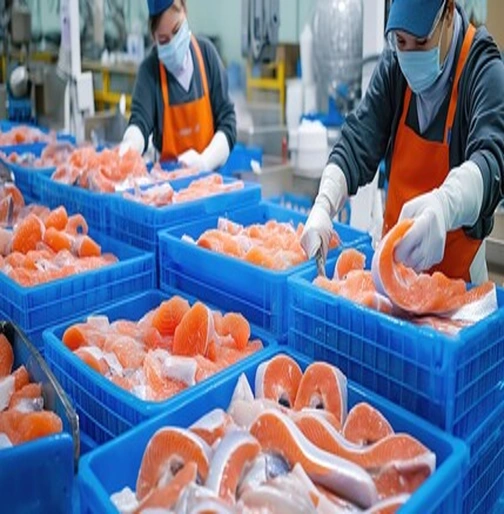
Need for Stress Relief Feed additive
The
demand for stress-relief feed additives is likely to increase as livestock
industries face growing challenges related to animal welfare, environmental
pressures, and consumer expectations. Advanced features of these additives will
need to address these evolving needs effectively.
- Increased Environmental Stressors: As climate change leads to more extreme weather conditions, animals will face heightened environmental stress. Feed additives that can mitigate heat stress, cold stress, and other environmental challenges will be increasingly essential.
- Intensified Production Systems: With the push for higher productivity in confined production systems, animals will experience more stress due to overcrowding, limited space, and high stocking densities. Additives that enhance resilience in these high-pressure environments will be in demand.
- Consumer-Driven Welfare Standards: Growing consumer concern for animal welfare will drive the need for additives that can reduce stress and improve the overall well-being of animals. Products that can demonstrably reduce stress will align with ethical farming practices.
- Sustainability and Resource Efficiency: As the industry moves toward more sustainable practices, stress-relief additives that also enhance feed efficiency and reduce waste will be critical.
- Health and Disease Management: The increasing prevalence of diseases due to stress will necessitate feed additives that not only reduce stress but also support immune function and overall health.
Our Solution

Tranquil 𝛼
Tranquil
𝛼 is a revolutionary feed additive
meticulously crafted to transform broiler farming by effectively managing
stress. Harnessing the power of natural calming agents and cutting-edge
formulations, Tranquil 𝛼
ensures your broilers thrive in a stress-free environment. By reducing
stress-related behaviors and enhancing overall well-being, it optimizes feed
efficiency and supports robust growth, improving the color stability and
quality of meat.
